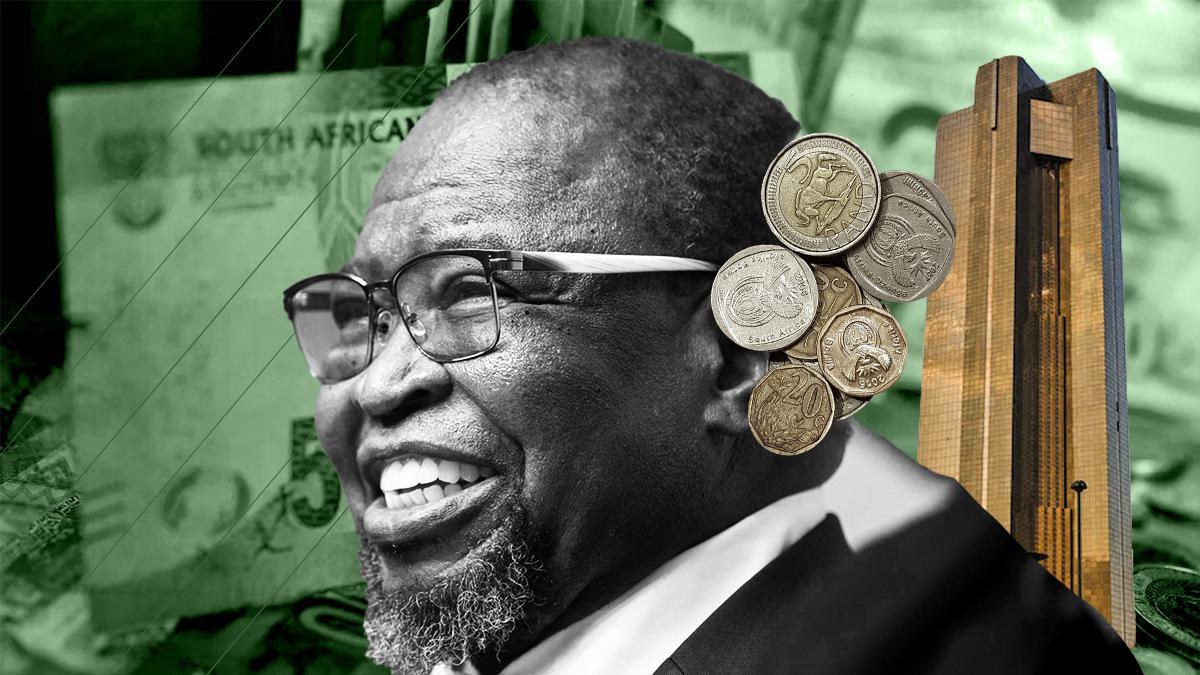Africa-Press – South-Africa. South Africa and Nigeria were taken off a global watchdog’s dirty-money list, providing stimulus for increased remittances and foreign investment in two of Africa’s largest economies.
The Paris-based Financial Action Task Force on Friday said the countries — along with Mozambique and Burkina Faso — are no longer on the list of jurisdictions subject to increased monitoring, after their governments stepped up efforts to combat money laundering and terrorist financing.
“This plenary has been a positive story for the continent of Africa,” FATF President Elisa de Anda Madrazo told reporters in Paris at the conclusion of the session.
“These countries have worked hard to close loopholes that criminals exploit. It’s the result of sustained efforts by authorities.”
South Africa and Nigeria landed on the greyy list in February 2023, while Mozambique was added in October 2022 and Burkina Faso originally got designated in February 2021.
The decision shows “tremendous confidence in our ability to deal with anti-money laundering and terror financing,” Ismail Momoniat, a technical adviser to South Africa’s National Treasury, told SABC News.
“We’ve just started to solve our problems, and we do need to do far more.”
The yield on the South African benchmark 10-year bond fell 4 basis points to 8.9%. The rand appreciated 0.4% at 17.27 per dollar by 6:31 p.m. in Johannesburg.
Market optimist
South Africa’s exit from the list should reinforce market optimism and signal progress on government reforms — a boost for institutional strength that may lift sentiment, lower bond yields and ease debt-servicing costs, even if it doesn’t alter the growth outlook, Jee-A Van Der Linde, senior economist at Oxford Economics, said before the release.
Nigeria’s President Bola Tinubu said the development recognized the country’s “journey toward economic reform, institutional integrity and global credibility.”
The removal from the so-called grey list should also make it easier and cheaper for citizens working overseas to send money home. That’s particularly relevant for Nigeria, which receives about $20 billion a year in remittance inflows.
“This development reinforces confidence in our economy and the integrity of our monetary and financial systems, signaling to investors and global partners that Nigeria’s institutions are strong, transparent and internationally trusted,”
Finance Minister Wale Edun said in a message sent by text before the announcement. “It will ease cross-border transactions, improve capital flows, including foreign direct investment, and strengthen the foundations for rapid and sustainable economic growth and job creation.”
New investment
The FATF announcement may also help pave the way for new investments by foreign firms in projects such as the massive liquefied natural gas project in northern Mozambique.
Bloomberg reported last month that the FATF was set to announce the moves.
Under the presidency of Mexican official De Anda, the group has revamped its grey-listing criteria. It has placed a greater emphasis on scrutinizing the body’s wealthiest members while putting less of a focus on jurisdictions classified as least-developed countries, which typically pose a lower systemic risk.
The FATF assessment calendar shows South Africa could have an on-site visit in April 2027, when it will be evaluated on the group’s new methodology for its fifth round of reviews.
For More News And Analysis About South-Africa Follow Africa-Press






